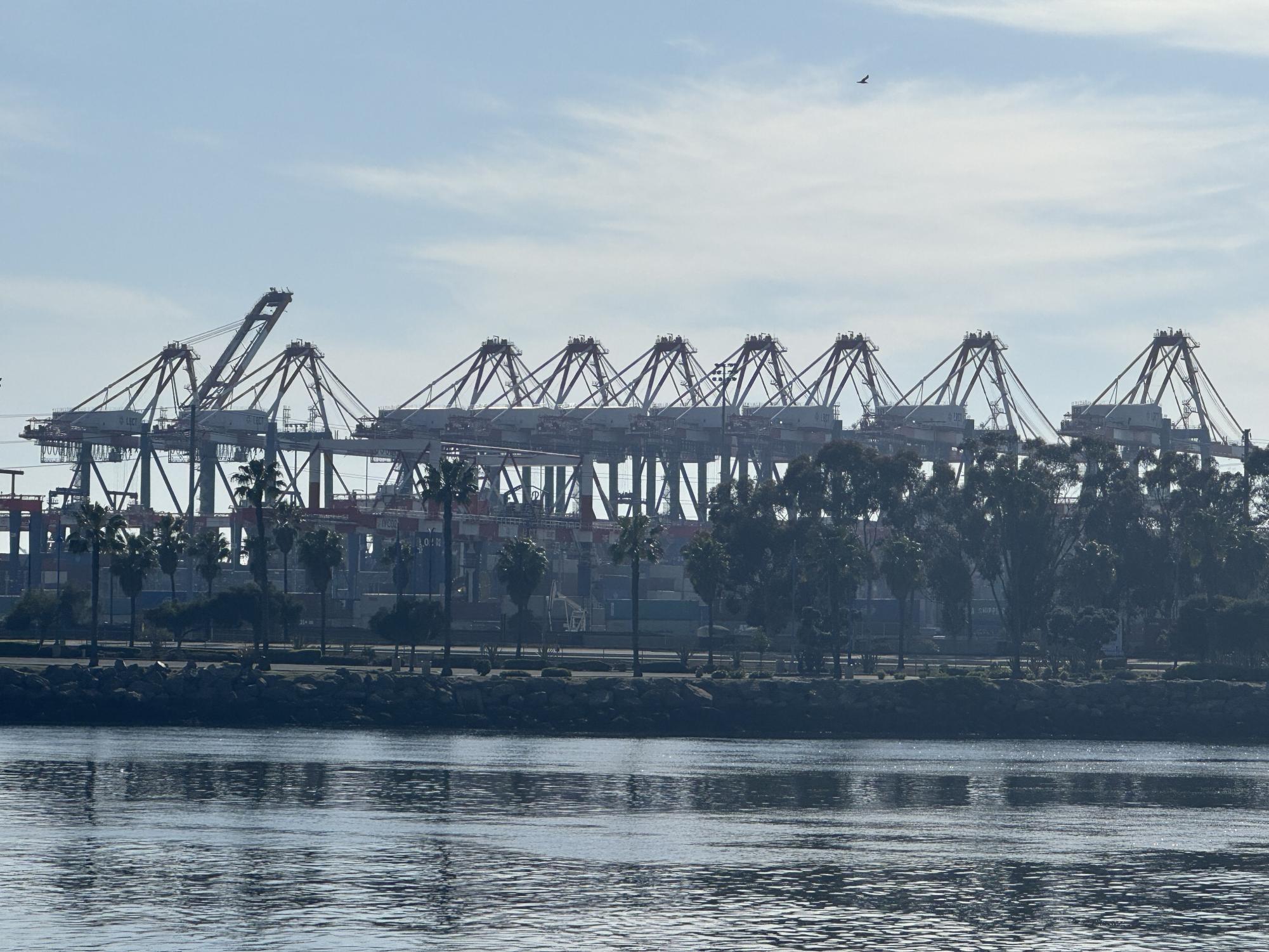As the Trump administration passes its first 100 days, the word “tariff” has been said profusely by many, often occurring in many conversations on budgets and making ends meet.
As previously established in a past article, tariffs are a tax on imported goods which sometimes gets absorbed or often passed onto the final consumer.
With the uncertainty of prices right now, from Nintendo Switch Two pre-orders not starting until April 24 to families uncertain of how their financial realities may change, many ask what could potentially be the economic impacts of the recent tariffs. As such, I sat down with AP Government and honors Economics teacher Jose Salas, and here were his thoughts:
What may happen in the short term because of these tariffs for families?
I would imagine that families of all types will be impacted. In my opinion, the more people consume items that are imported, the more they will be impacted. Who that group is, only time will tell. More specifically though, there are probably a long list of effects but I would imagine that most of them revolve around the issue of affordability. As it is there are financial constraints that households go through just to make things happen. Putting food on the table everyday can/is becoming more difficult as prices rise due to tariffs. The reaction that both big businesses and small businesses take when news like this happens is always going to fall on the laps of the consumer. Purchasing power for most people is going to change. Goods that were previously imported from those countries we implemented tariffs on are going to become less affordable. Groceries, basic necessities, clothes, cars. All these things, when you change the prices by even a dollar, impact families as those dollars add up. Some other things are going to revolve around the availability of jobs. There could be changes in our labor sector because of the fact that goods we usually import are on hold. The reactions businesses have towards this could be a bad thing for jobs that rely on the availability of those products. One would presume that families that rely on both imported essential goods and that work in jobs that rely on those imported goods will suffer the most, short term.
What may happen in the long term because of these tariffs for families?
This is interesting because we have had tariffs implemented throughout our history and although they do share patterns of pros and cons, it feels like this version has more concentrated negativity than before. Long term is tough to predict. The good would be that our economy would regain its prominence, whether that be becoming less reliant on importing and producing goods domestically, or changing the dynamics of global trade to benefit not only the US but also its trading partners. Getting back to the families, we would see a more favorable change in affordability due to domestic production, in addition to an influx of labor that has been outsourced to cheaper labor sourced countries. The negative would be that we made all these waves globally and nothing changes outside of the fact that our country made these waves and threats and it pissed the rest of the world off. No change would be terrible at this point (in my opinion). Our stock market is in flux, prices are fluctuating to the detriment of regular consumers and it has created a political divide that was already on the side of unhealthy.
How might the chaotic-seeming rollout of tariffs affect the U.S. and global economy?
I kind of said it already in the last prompt, but in summary I can see this going one of two ways. We either prevail as a country and our leader’s negotiating tactics pay off and the U.S. resets the global bar, evening our standing with our biggest economic threat (China), therefore enhancing our economy domestically and influence globally. The alternative is that we lose all leverage due to the failure of this negotiation strategy and China continues to own us in everything we do and our dollar turns into the Yuan.





